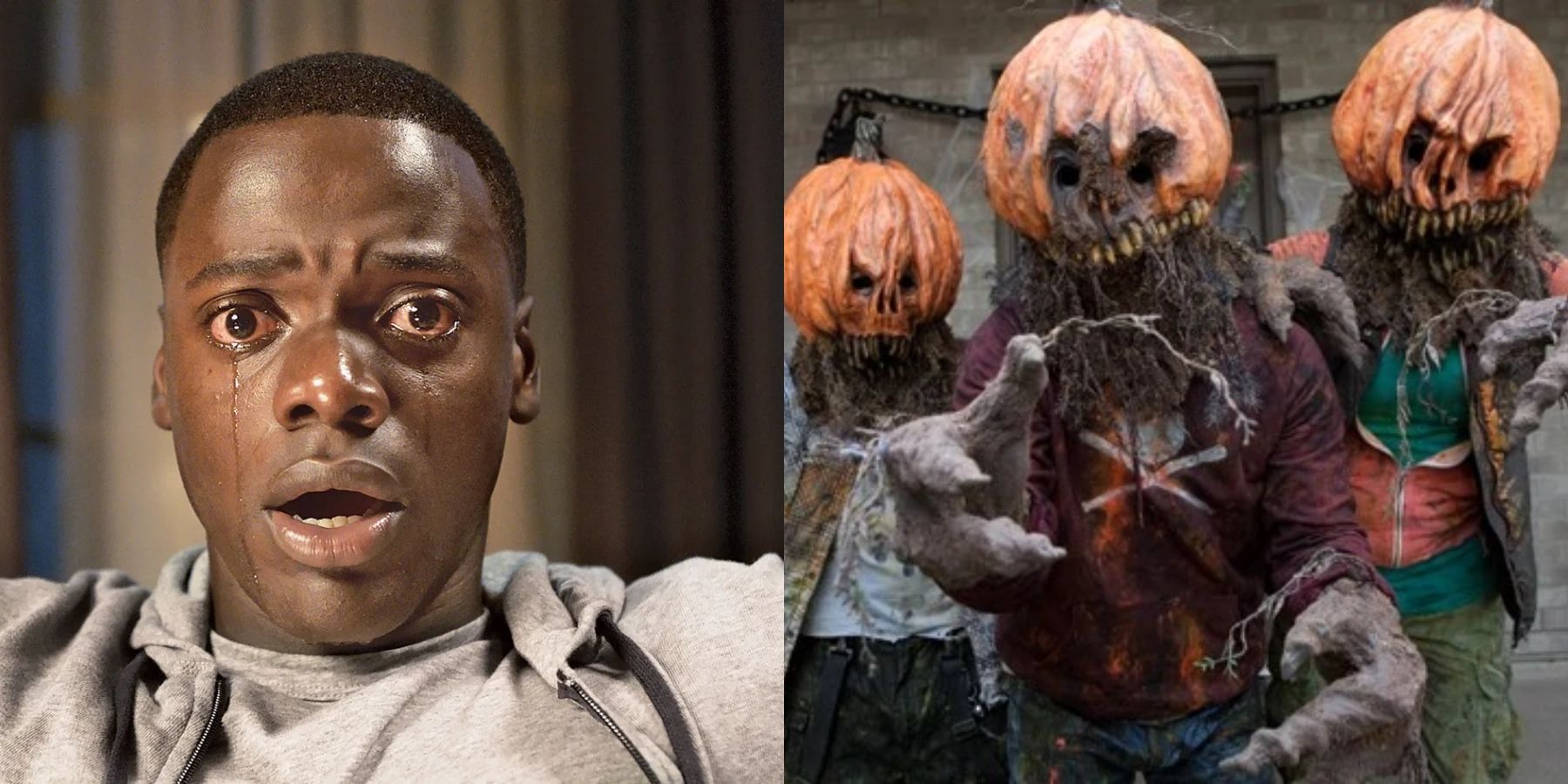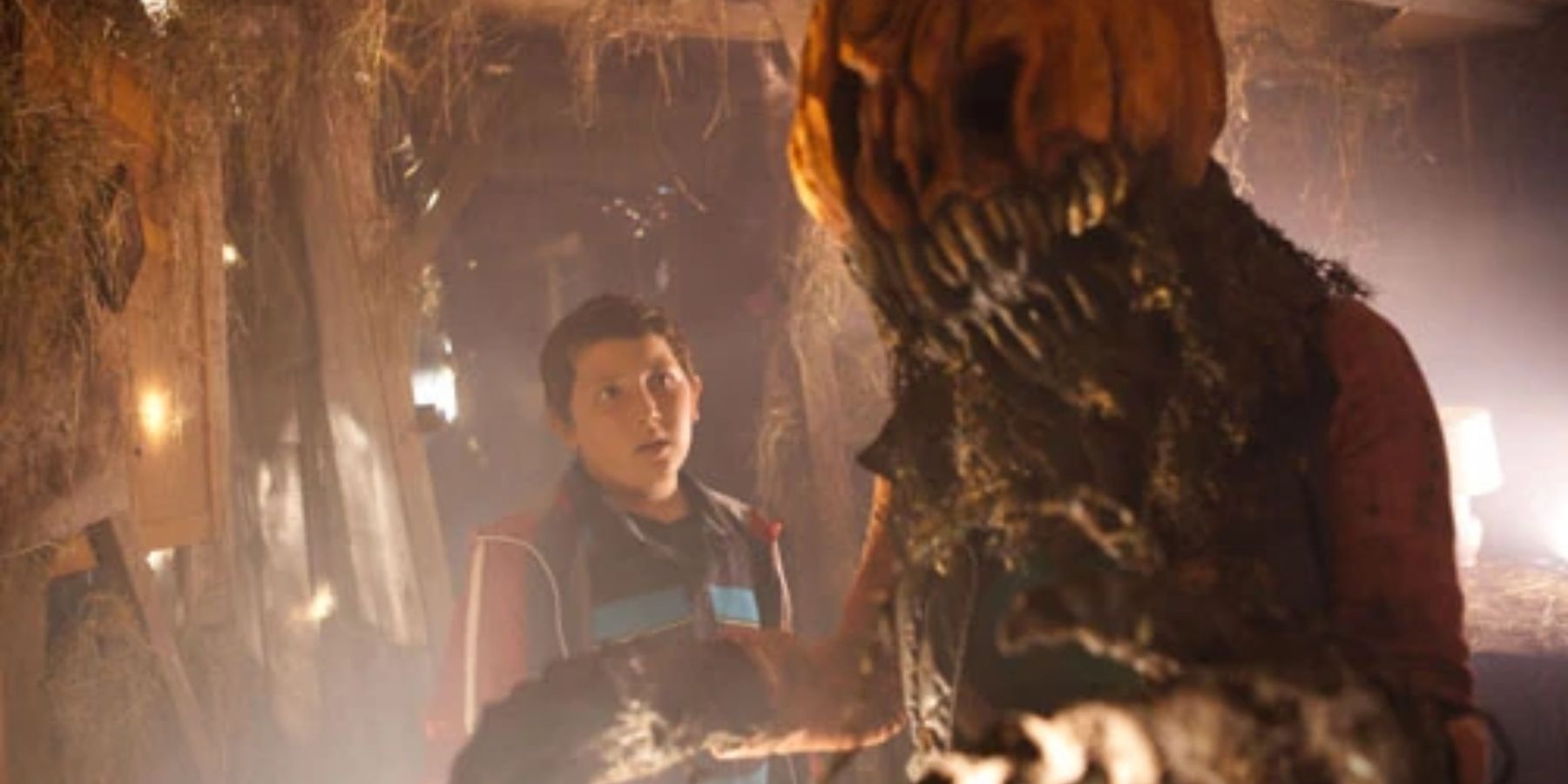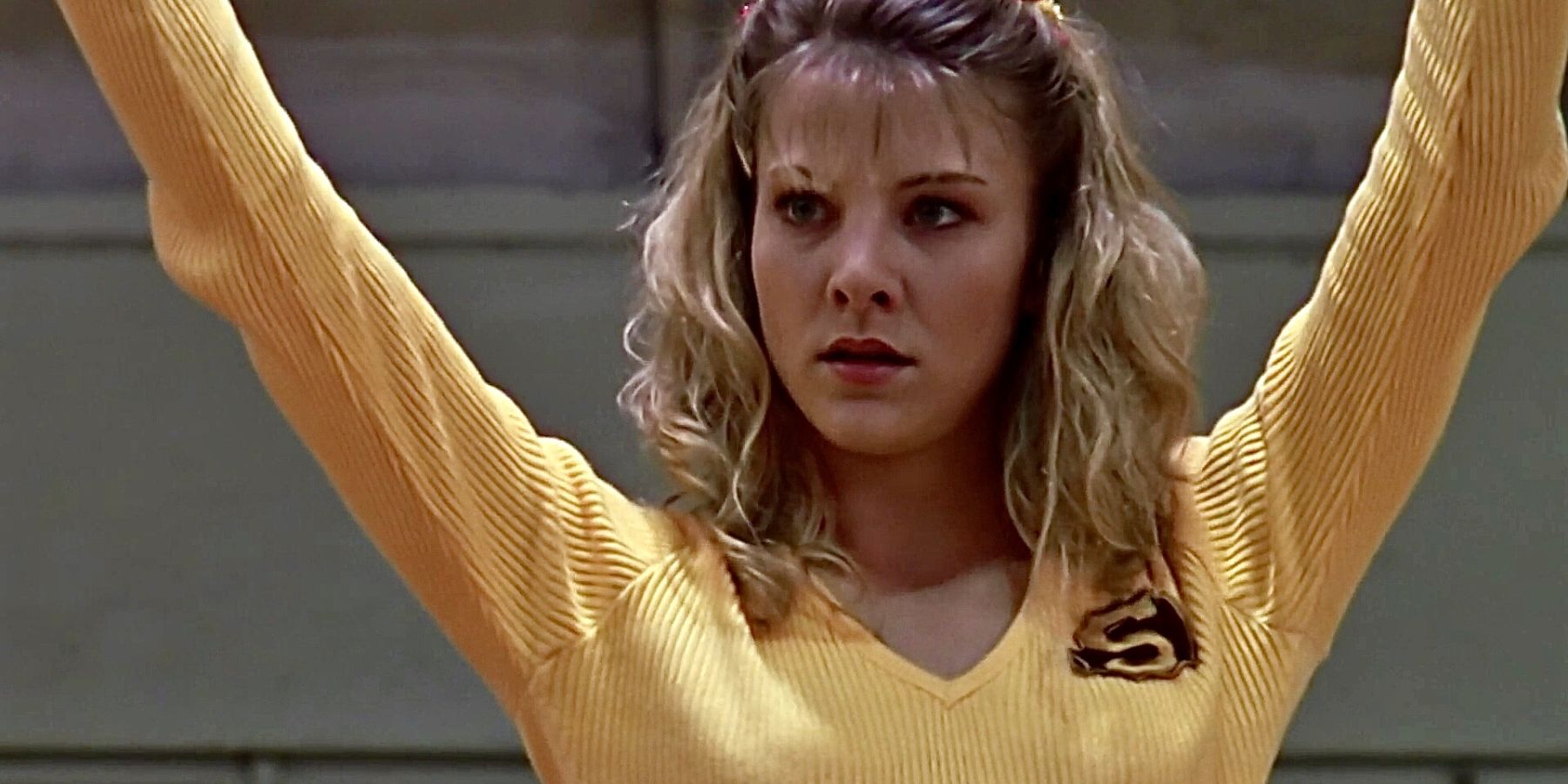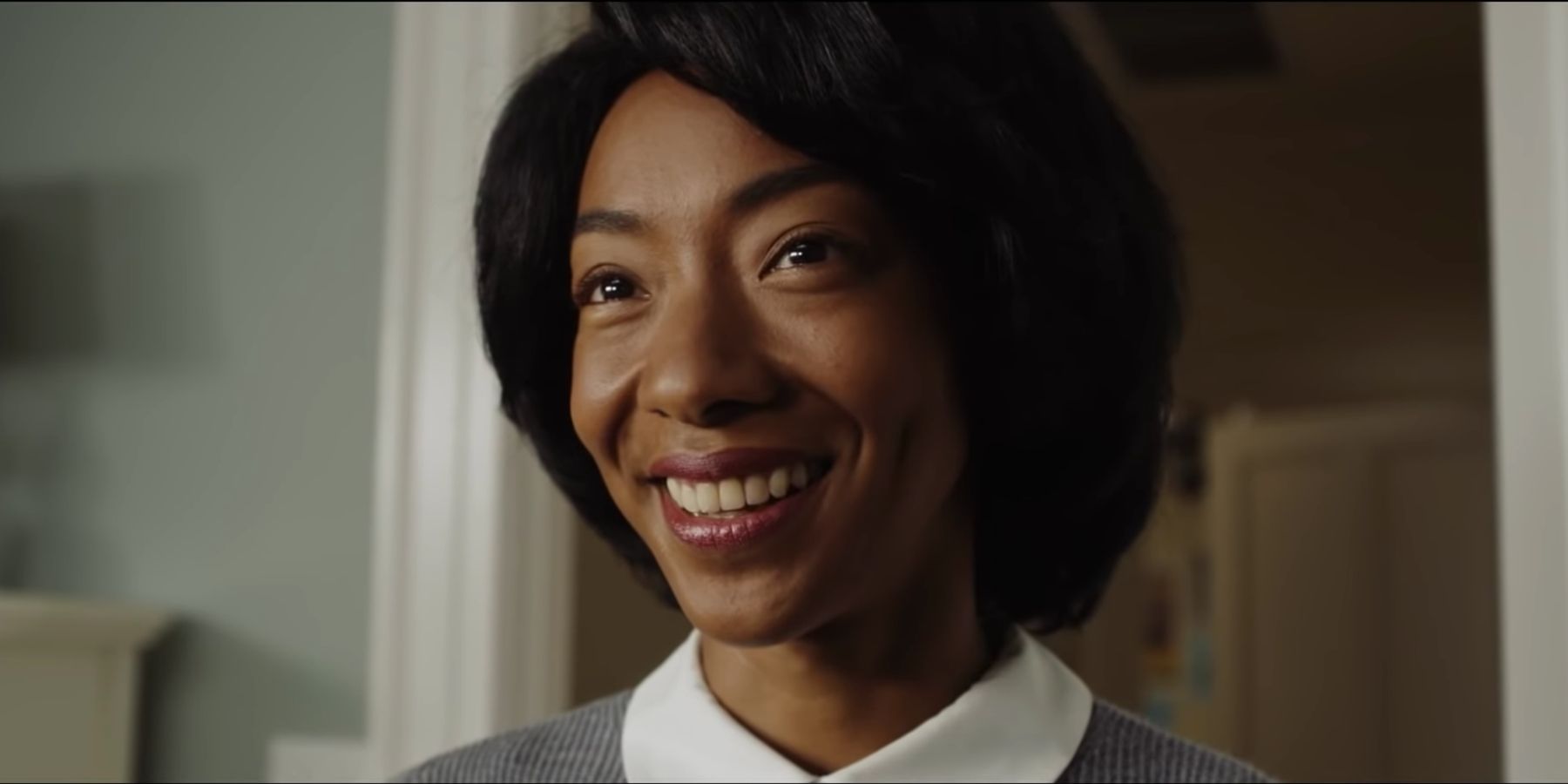There are several horror tropes that are present in so many movies and TV shows, but fans might not know the exact name for them. That's certainly true of the "And I Must Scream" trope.
While it might sound like this trope is about characters who are about to yell a whole lot, that's not actually what it's about. Exploring the "And I Must Scream" horror trope is fun as there are so many great examples of how much scarier using this trope can make the story that it's placed in.
According to TV Tropes, the "And I Must Scream" horror trope means that characters are still alive but they can't speak or move. This includes the trope "Fate Worse Than Death" as they can't talk and they can't leave. The website explains that sometimes, evil characters have this problem when they're sent to Hell/the afterlife as this is their punishment for the way that they acted when they were human/alive.
There are several nostalgic '90s horror TV shows and while The Haunting Hour is from the 2010s, it has the same feeling, which makes sense the show is based on the 2007 movie The Haunting Hour: Don't Think About It, which was adapted from R.L. Stine's book. The season 2 episode "Pumpkinhead" feels watching the best slasher movies to get into the Halloween spirit as it's about two characters, Allie (Kacey Rohl) and Scott (Liam James), who suffer a terrible fate as creatures put pumpkins where their heads are. This comes up again in the season 4 episode "Return of the Pumpkinheads" when Karen (Freya Tingley) starts living at the farm where children became pumpkinhead zombies.
The "And I Must Scream" trope is used perfectly in these two episodes. The characters are unable to yell, talk, or move. This might be one of the most visually compelling uses of this horror trope as it's hard to forget the image of kids with pumpkins where their heads should be. In this case, the characters are innocent children and they definitely don't deserve to have this happen to them. The fact that fans of the show get to revisit this trope a few seasons later makes it even more impactful as this keeps happening to kids.
Buffy the Vampire Slayer is one of the best horror series about teenagers and TV Tropes used the season 1 episode "The Witch" as a good example of the "Now I Must Scream" trope. Amy Madison (Elizabeth Anne Allen) has a horrible, controlling mom named Catherine (Robin Riker) who is envious of Amy's youth, beauty, and place on the cheerleading squad. Catherine swaps places with her daughter and at the end of the episode, Catherine is trapped in her old cheerleading trophy in the case at the high school. It's horrifying to imagine Catherine not being able to scream or talk or, of course, be a person anymore.
Based on what happens in Buffy, it seems like sometime, this trope is used as a way to get revenge on evil characters. That's also the case in Cult of Chucky from 2017. The "Creepy Doll" horror trope is also used in the Child's Play franchise, and TV Tropes mentions that this movie uses the "Now I Must Scream" trope, too. Chucky loses his head, but because he can still hear and think and see, Andy Barclay (Alex Vincent) takes this head and hurts it sometimes. It's especially frightening to see Chucky like this because he has killed so many people and been such an evil force. Now he's truly powerless. This trope is also used well here because Chucky talks so much and there are so many memorable Child's Play franchise quotes. Chucky couldn't imagine a worse thing than not being able to chat with his victims.
There are also some horror movies that have used the "Now I Must Scream" trope well. TV Tropes notes that in Get Out, Jordan Peele's best movie, Black people are still a little conscious but a white person's brain is put in their head. These characters can still use their senses and hear and see, but they can't speak. When a camera flashes in their eyes, they are able to feel things the way that they did before and their consciousness works again.
Get Out is one of the most popular Blumhouse horror movies as it's brilliant, scary, and socially significant. There are many scary moments in this movie, but seeing this particular trope is one of the most unforgettable parts of the film. The characters see everything that's going on and know how evil the Armitage family is but they can't stop anything. This trope is used to explore systematic racism in America and shows the tragedy of how powerless people can feel.
Overall, the "Now I Must Scream" horror trope is almost always successful, whether used for good or evil characters. It shows that sometimes, horror characters wind up in situations they could never have pictured even in their greatest nightmares, and what's scarier than that?




